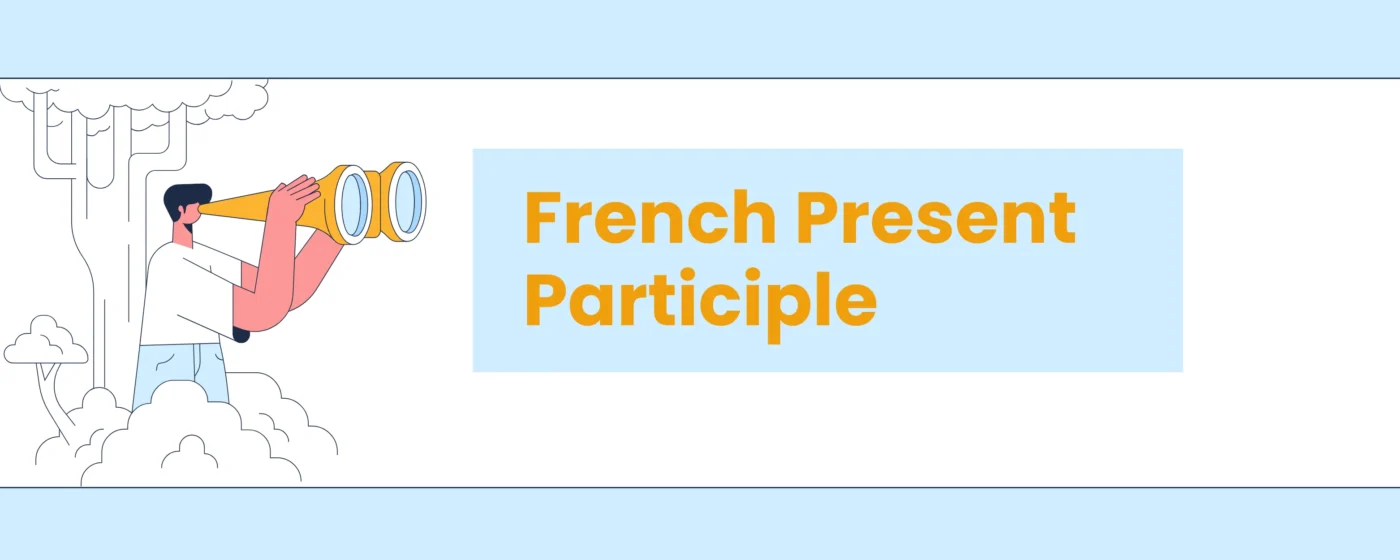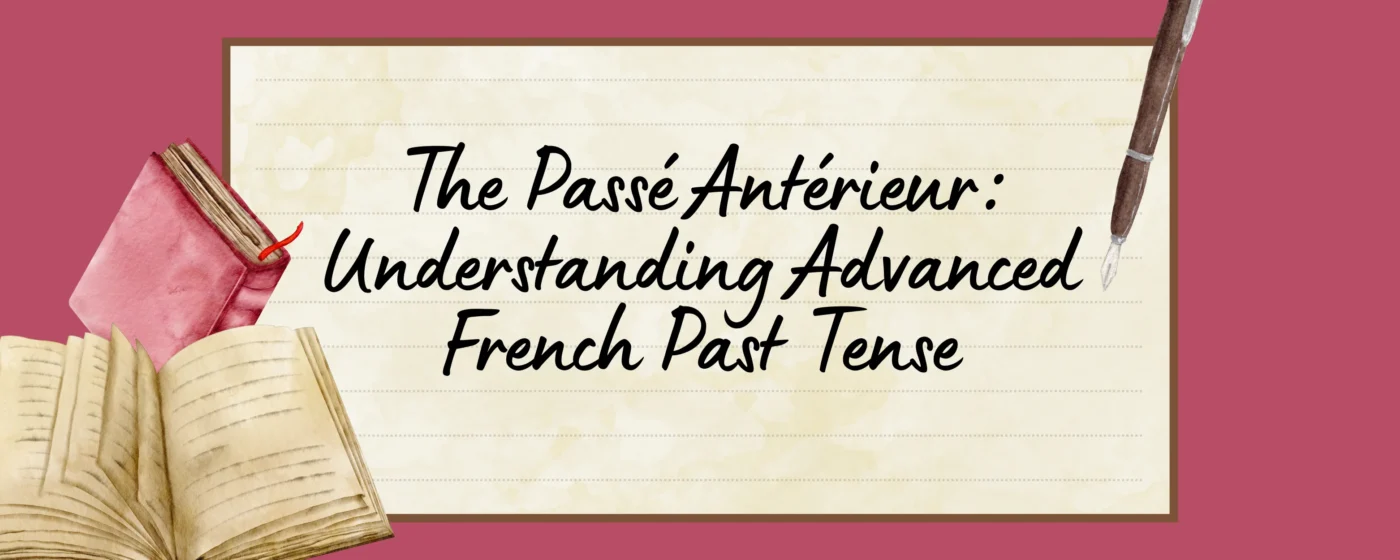The French language boasts a rich platter of verb tenses, and the passé simple, though less common in everyday speech, is a key to understanding formal texts and cherishing classic literature.
What is the Passé Simple?
Imagine a past tense specifically reserved for written narratives, historical accounts, and formal settings. That’s the passé simple! Distinct from the passé composé, the king of spoken French, the passé simple adds a touch of elegance to written expression. While its use has decreased over time, encountering it remains a possibility, especially in classic works.
Spotting the Passé Simple
The passé simple isn’t difficult to notice. Keep an eye out for specific verb endings that transform verbs. For example, “parler” (to speak) becomes “parla” (he/she spoke), and “finir” (to finish) becomes “finit” (he/she finished). Here are some examples to illustrate its usage:
- “Il parla longtemps.” (He spoke for a long time.)
- “Ils finirent rapidement.” (They finished quickly.)
Regular Verbs in the Passé Simple
Regular verbs? No sweat! Here’s a breakdown of how to tackle them in the passé simple:
- -ER Verbs: Take off the infinitive ending (e.g., parler) and add these endings: -ai, -as, -a, -âmes, -âtes, -èrent. Here’s an example table:
| Infinitive | je | tu | il/elle/on | nous | vous | ils/elles |
| parler | parlai | parlas | parla | parlâmes | parlâtes | parlèrent |
- -IR and -RE Verbs: Similar to -ER verbs, remove the infinitive ending (e.g., finir, rendre) and add these endings: -is, -is, -it, -îmes, -îtes, -irent. Take a look at the example table:
| Infinitive | je | tu | il/elle/on | nous | vous | ils/elles |
| finir | finis | finis | finit | finîmes | finîtes | finirent |
| rendre | rendis | rendis | rendit | rendîmes | rendîtes | rendirent |
Spelling Change Verbs
Some verbs, like “manger” (to eat) and “lancer” (to throw), have a slight spelling makeover in most passé simple forms to maintain proper pronunciation.
For instance, “manger” becomes “mangeai” in the first person singular (I ate) to preserve the soft ‘g’ sound and “lancer” becomes “lançai” in the same way.
Grammar Rules Got You Down?
La Forêt’s tutors simplify grammar so you can speak confidently and accurately.
Irregular Verbs in the Passé Simple
Irregular verbs can be a little more challenging. They often use their past participle forms as the foundation for passé simple conjugations. Here are some common irregular verbs to get you started:
Examples of Irregular Verb Conjugations:
- Avoir:
| je | tu | il/elle/on | nous | vous | ils/elles |
| eus | eus | eut | eûmes | eûtes | eurent |
- Être (to be):
| je | tu | il/elle/on | nous | vous | ils/elles |
| fus | fus | fut | fûmes | fûtes | furent |
Tips to Learn Passé Simple
- Practice Makes Perfect: Immerse yourself in French literature and engage in exercises to enhance your understanding of its usage
- Flashcards for the Win: Flashcards are a fantastic tool to memorize conjugations and keep them fresh in your mind.
- Listen and Learn: Train your ear by listening to audiobooks or reading aloud in French. This will enhance your pronunciation and help you with your grasp of the passé simple in spoken contexts.
Frequently Asked Questions
Q: Is passé simple still used?
Ans: Yes, the passé simple is still used in French, but not as frequently in everyday conversation. It’s more common in formal writing contexts like:
- Newspapers and historical accounts.
- Literature.
- Formal speeches and presentations.
Q: When to use passé simple?
Ans: Use the passé simple when you want to describe completed actions in the past.
Here are some situations where the passé simple might be appropriate:
- Recounting historical events.
- Summarizing a book plot.
- Writing a formal letter





